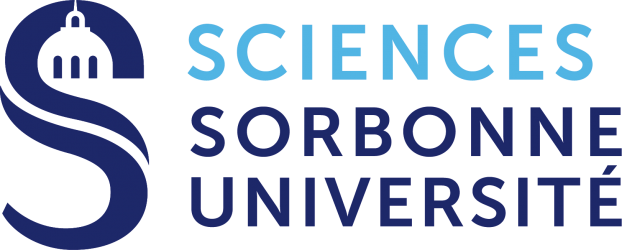The Machine Learning Team at the National Institute of Mental Health (NIMH)
in Bethesda, MD, has an open position for a machine learning research
scientist. The NIMH is the leading federal agency for research on mental
disorders and neuroscience, and part of the National Institutes of Health
(NIH). A copy of this ad may be found at
https://nih-fmrif.github.io/ml/index.html
### About the NIMH Machine Learning Team
Our mission is to help NIMH scientists use machine learning methods to
address a diverse set of research problems in clinical and cognitive
psychology and neuroscience. These range from identifying biomarkers for
aiding diagnoses to creating and testing models of mental processes in
healthy subjects. Our overarching goal is to use machine learning to
improve every aspect of the scientific effort, from helping discover or
develop theories to generating actionable results.
We work with many different data types, e.g. very large brain imaging
datasets in various imaging modalities, neural recordings, behavioral data,
and picture and text corpora. We have excellent computational resources,
both of our own (tens of high-end GPUs for deep learning, several large
servers) and shared within the NIH (a cluster with hundreds of thousands of
CPUs, and hundreds of GPUs).
As a machine learning research group, we develop new methods and publish in
the main machine learning conferences (e.g. NeurIPS and ICLR), as well as
in psychology and neuroscience journals. Many of our problems require
devising research approaches that combine imaging and non-imaging data, and
leveraging structured knowledge resources (databases, scientific
literature, etc) to generate explanations and hypotheses. You can find more
about our work and recent publications at
https://cmn.nimh.nih.gov/mlt
### About the position
This position requires experience in the use of deep learning in the
context of substantial research projects, ideally having led to
publications (or preprints). As our team works on both applications and
method development, here are some examples of projects we have carried out
or are presently engaged in:
– Bayesian deep neural networks for brain segmentation with uncertainty
– convolutional neural networks on structural or functional brain MRI for
decoding information or person characteristics
– a comparison of approaches for generating gradient-based saliency maps
for neural networks in brain imaging data
– a method for distributed training and consolidation of Bayesian deep
neural networks
– modifications of neural network models of vision to test hypotheses about
visual representations in the brain
– transformer models for predicting fine-grained content labels in text
transcripts from therapy sessions
– improving transfer learning in neuroimaging
– fine-tuning of large language models for emulation of participants in
psychology experiments
Please emphasize this aspect of your experience in your application.
In general, we are seeking candidates who are capable of combining machine
learning, statistical, and domain-specific computational tools to solve
practical data analysis challenges (e.g. designing experiments, generating
and testing statistical hypotheses, training and interpreting predictive
models, and developing novel models and methods). Additionally, candidates
should be capable of visualizing and communicating findings to a broad
scientific audience, as well as explaining the details of relevant methods
to researchers in a variety of domains.
Other desirable experience includes:
– mathematical optimization (e.g. convex, linear programming, integer
programming)
– statistical inference (e.g. generalized linear models, mixed effect
models, state space models, survival analysis)
– reinforcement learning
– Bayesian statistical modelling
– other types of modelling of human/animal learning and decision-making
– neuroimaging data processing/ analysis (any MRI modality, MEG, or EEG)
– modelling of other types of neural data (e.g. neural recordings, calcium
imaging)
Finally, you should have demonstrable experience programming in languages
currently used in data-intensive, scientific computing, such as Python,
MATLAB or R. Experience with handling large datasets in high performance
computing settings is also very valuable. Although this position requires a
Ph.D. in a STEM discipline, we will consider applicants from a variety of
backgrounds, as their research experience is the most important factor.
Backgrounds of team members include computer science, statistics,
mathematics, and biomedical engineering.
This is an ideal position for someone who wants to establish a research
career in methods development and applications driven by scientific and
clinical needs. Given our access to a variety of collaborators and large or
unique datasets, there is ample opportunity to match research interests
with novel research problems. We also maintain collaborations outside of
the NIH, driven by our own research interests or community impact.
If you would like to be considered for this position, please send
francisco.pereira@nih.gov a CV, with your email serving as a cover letter.
We especially encourage applications from members of underrepresented
groups in the machine learning research community. If you already have a
research statement, please feel free to send that as well. There is no need
for reference letters at this stage. Other inquiries are also welcome.
Thank you for your attention and interest!

M2 Apprentissage et Algorithmes (M2A)
Master Mathématiques et Applications / Master Informatique – Sorbonne Université